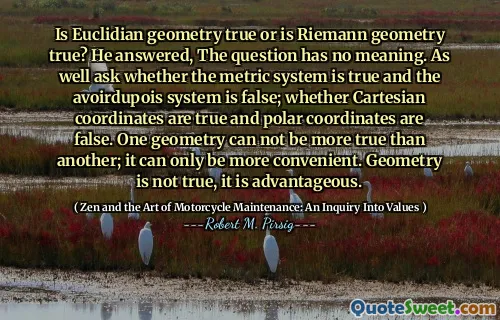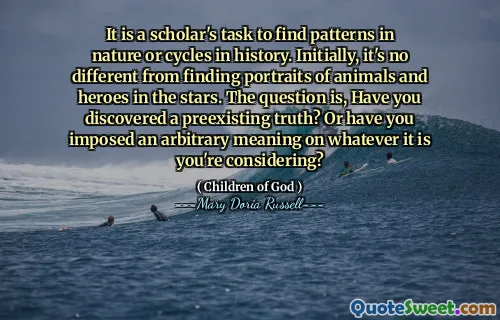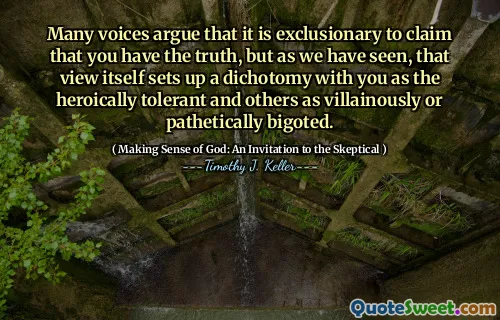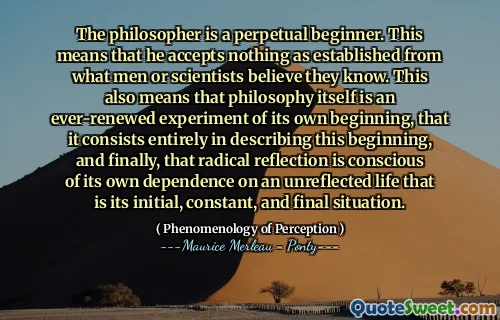
For many scientists, as Lyotard concedes, scientific knowledge is the only form of knowledge there is, but if so, how then do we understand fairy stories and law?
This quote challenges the prevailing assumption in scientific circles that scientific knowledge is the sole legitimate form of understanding. It points to the limitations inherent in adopting science as the only lens through which to view the world. While science excels in explaining empirical phenomena with rigorous methodologies and replicable results, it does not necessarily encompass all the ways people make sense of their experiences. Lyotard's concession implicitly invites us to consider other knowledge forms like the narratives of fairy stories and social constructs such as law, which inhabit domains outside purely empirical verification but are nevertheless meaningful and influential.
Fairy stories, for example, operate within the realm of myth and imagination, shaping cultural values and moral understanding. They communicate symbolic truths that may not fit neatly into scientific scrutiny but have profound psychological and social functions. Similarly, law relies on interpretive frameworks, consensus, and ethical considerations that extend beyond empiricism. It represents a system of rules established to regulate behavior, embodying collective decisions and societal ideals.
By questioning how we comprehend these non-scientific forms of knowledge within a worldview dominated by scientific epistemology, the quote urges us to embrace epistemological pluralism. It insists on recognizing that knowledge is multifaceted and contextual. Thus, the quote resonates in contemporary debates about the limits of rationalism and the need to honor diverse ways of knowing, including cultural narratives, ethics, and the humanities, to form a more holistic understanding of human existence.





